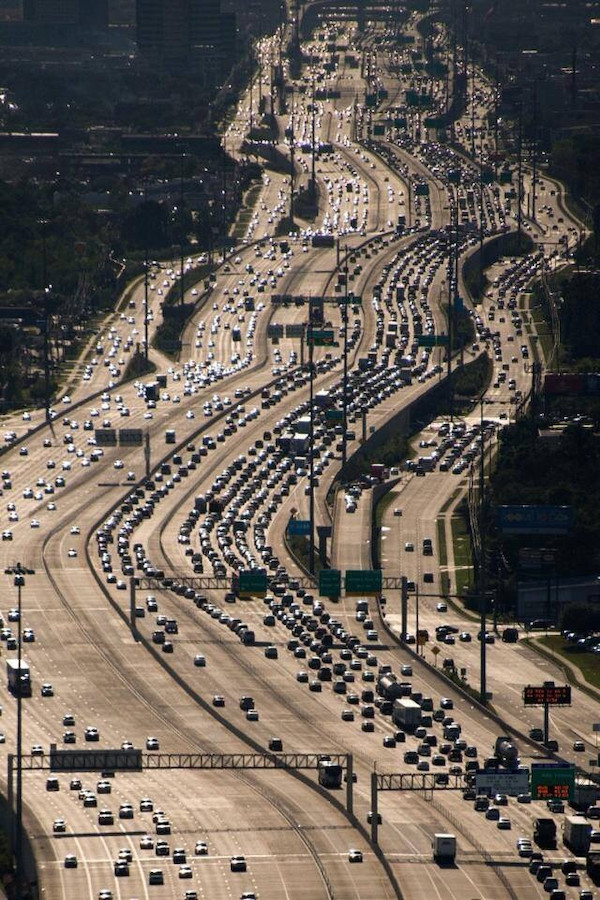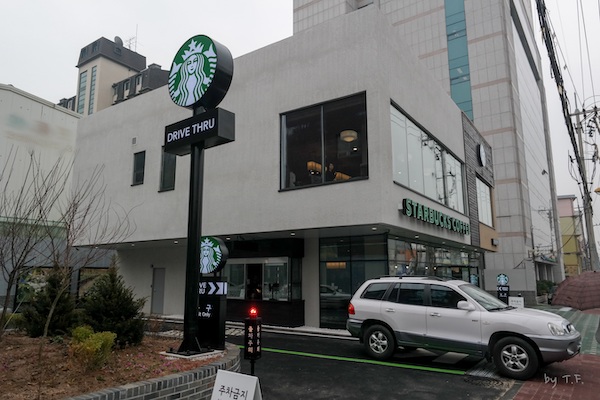The Burning House
By Jonathan Joseph Chiarella
July was the hottest month on record. For several decades now, we have emitted greenhouse gases far beyond sustainable levels. Maybe the attention is finally where it should have been in 1989. Unfortunately, the discourse is almost always dissonant or counter-productive, and it feels difficult for any one of us to do much of anything. We cannot change global policies, and our localities seem inconsequential. We become misanthropic. We feel powerless. We turn to wizards to save us. However, the fault lies not in our stars, but in the logic of the world system, and there are more things in Earth right now than are dreamt of in some tech bro’s philosophy.
International Competition
Fighting global warming in a world without a single global government is prone to the prisoner’s dilemma, which states that we are all better off with solidarity, but the incentives are such that every individual benefits by defecting. “My cheating alone won’t sabotage the project.” Taken alone, it is not wrong. Now imagine everyone thinking that.
Unsurprisingly, finger-pointing and appeals to do nothing abound. “What if we stop burning so much coal, and it was all for nothing?” Is preserving human civilization the only justification for cleaner air? What if we curb our emissions while others keep polluting? Cheaters would benefit as they take cheap shortcuts and “free-ride” on the rest of us being conscientious. This is true, but we should not assume we will be powerless to deter cheating, the gains of cheating are immense, or the survival of our civilization is not worth the effort if others can also reap the benefits.
The crux of “international relations realism” is to ensure one’s own survival by wanting to have every potential rival relatively worse off. However, having every country including your own collapse from famine, droughts, and floods is the pinnacle of irrationality.
Is any country doing it right? East Timor’s CO2 output is quite low, but look at Southeast Asia as a whole, and the CO2 needed to get a mediocre standard of living is not encouraging. Europe? Not if you consider the consumption of goods that were produced in Asia. Australia? Per capita output seems low, but Australia cannot wash its hands when others burn the coal it exports. China? It is the biggest producer of green energy in the world, but it exploits its “developing nation” status to over-fish all over the world. Quantifying national guilt is not simple.
What of technological improvements? Beware the blind faith that magical solutions do exist and also that we will discover them in the vague “near future.” Forget the scams. We have long had great solutions. The electric subway is from the 1890s! Even a diesel bus system is stupendous for the environment if it means fewer people buying, driving, parking, and charging personal cars. Bearing in mind that construction costs correlate with CO2 output, the infrastructure costs for sprawl are staggering: the ten-lane highways, the paving of parking lots, the electrification and plumbing of distant buildings, etc. When considering maintenance, remember that road damage is axle-weight to the fourth power times speed. Now consider that an e-bike is a fraction.

of the weight of one car and uses one tenth of the lithium. The inescapable fact is that inefficient consumption of resources needs to stop, not that we simply switch from buying gasoline cars to electric cars.
Personal freedom is great, but is consumption writ large actually good or even personal? If the freedom to swing your fists stops at my face, then what a gargantuan crime it is for the biggest consumers to inflict global warming on those least able to survive the fallout.
Only two things will stave off the worst-case global warming: efficient consumption and the intelligent planning of towns. These decisions are inherently social, and ideally should be democratic, but they must be collective. We are all in the same boat.
Change Begins at Home
What are we to do as denizens of Gwangju? Let us re-examine our lifestyles and the infrastructure that guides our lifestyles. Person A rides the subway or the bus for most errands. She gets most of her groceries from the market down the street. She tells her kids to go play outside when they clamor for a larger house. Her life is getting harder, however. She can hardly wheel her groceries around when the sidewalk is in shambles. Person B drives his personal BMW to the Starbucks drive-through for his daily fix of imported coffee beans and sugar. Running by the Gwangju Stream would be nice, but there is nowhere to park his car once he gets there, and he wants to drive there. Instead, he goes to the gym with treadmills and free parking.

We should ask which person’s lifestyle our city is encouraging because the world around us conditions our choices. Building more highways and letting sidewalks fall apart encourages excessive driving and discourages walking. Let’s build towns using a rubric of environmental sustainability, quality of life for everyone, and financial solvency. To get the last bit out of the way, public spending is never a luxury when you consider the financial costs of maintenance. Most of the costs related to sprawl are in upkeep. When we turn to quality of life, we see that we can kill three birds with one stone. Greener cities are also cheaper and yield a higher quality of life for everyone. Transit helps children, the elderly, and others to be independent. Do you want every blind or paraplegic person to sit inside trapped all day? Just cut to the chase and tell them and their families to leave. Or, stop building highways and demanding more births. Make a place where all people want to live and can live – sustainably. All the promises of carbon neutrality by “Year X” are empty without any functioning model of a greener city – and we will all live happier lives as a bonus.
The Author
Jonathan J. Chiarella grew up in New York. He holds a B.A. in History (Rochester) as well as two M.A.s (Chonnam, Florida), and a Ph.D. in Politics (Florida). You can spot him riding the river trails or read his analysis of current affairs related to Honam or international relations.






